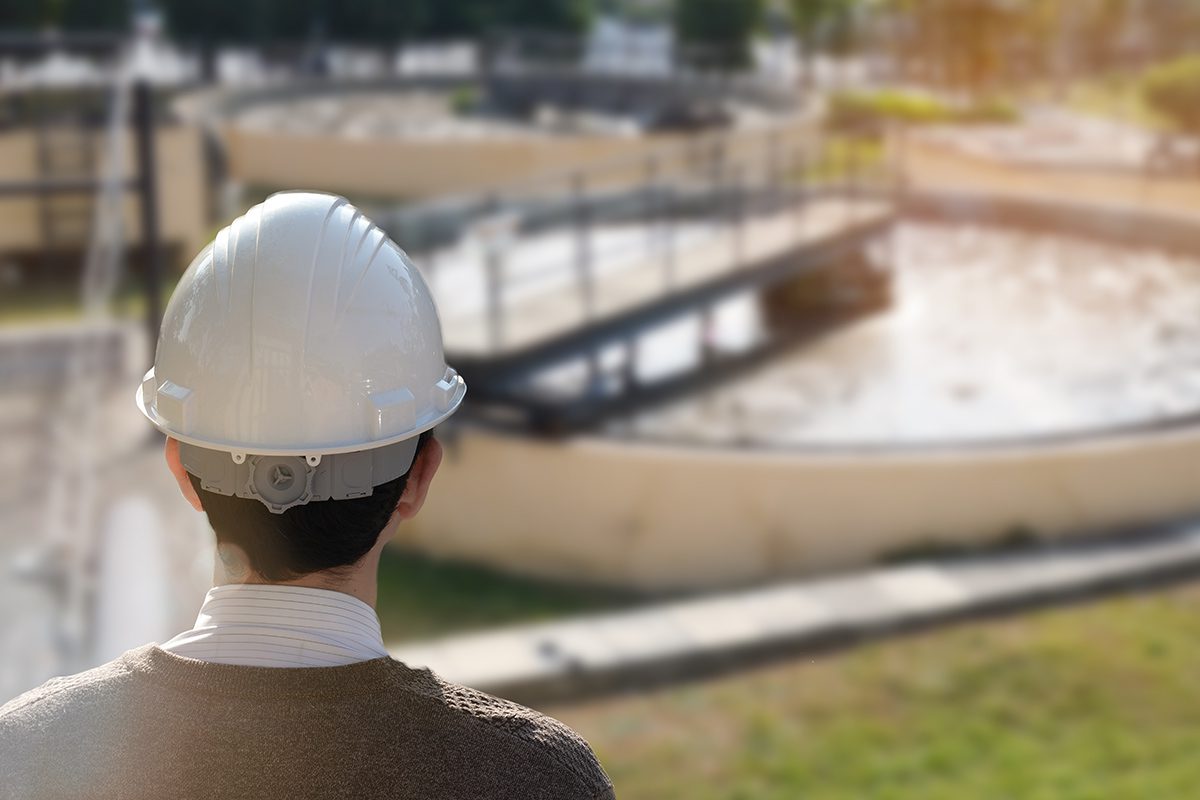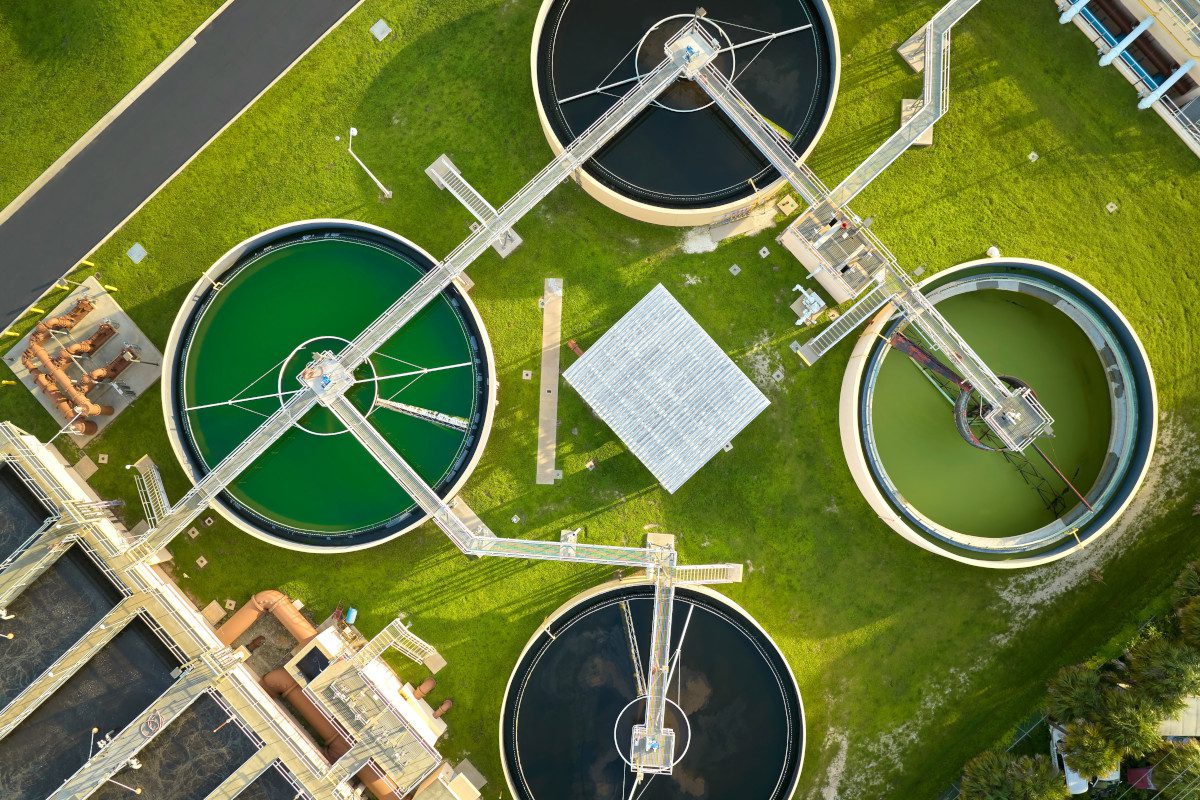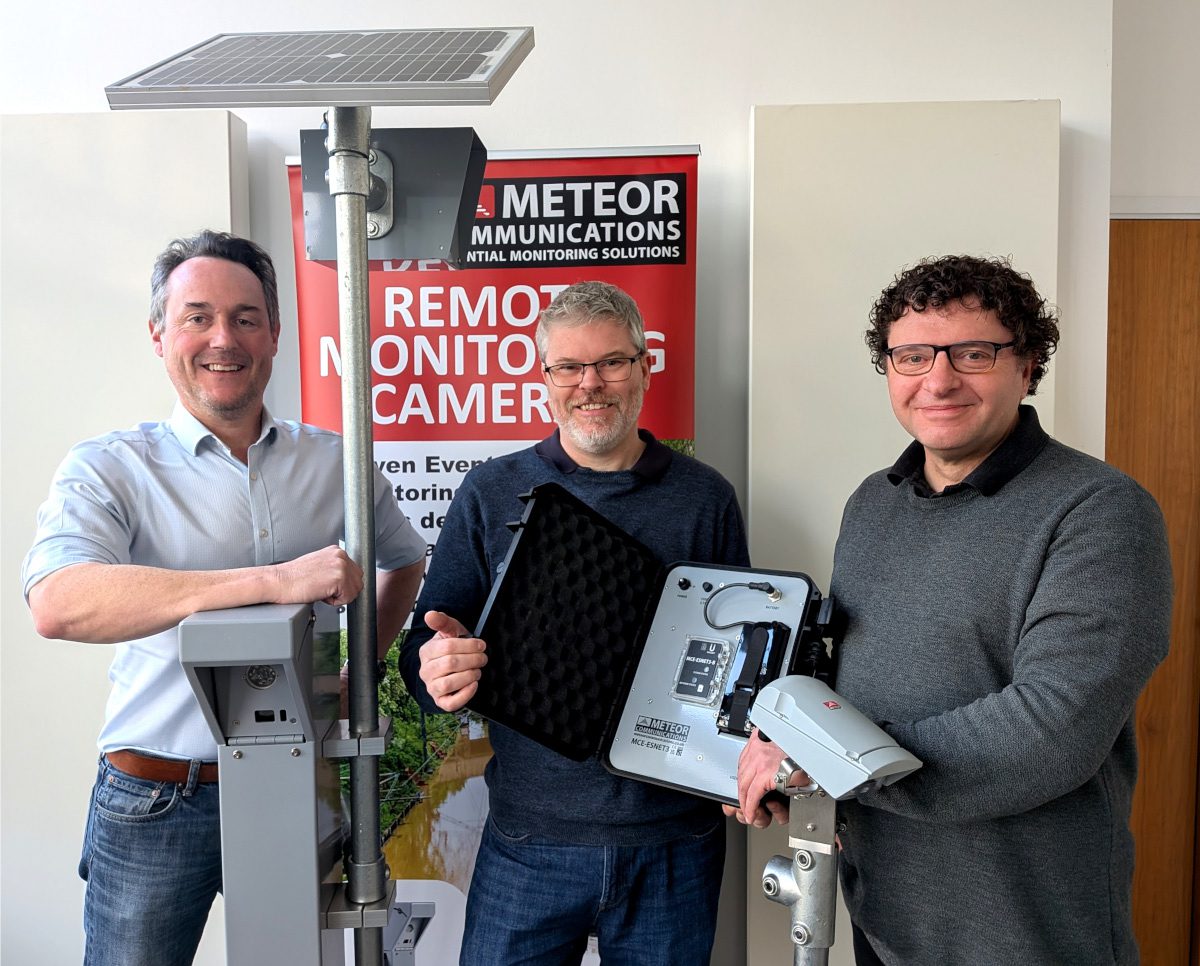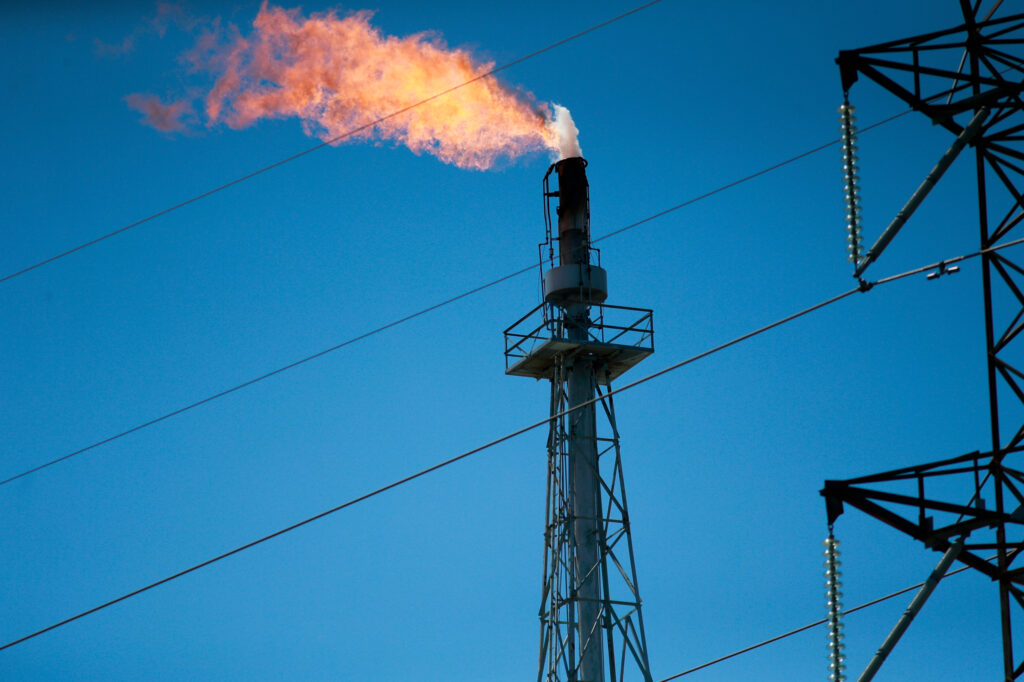Industrial equipment firm Atlas Copco writes.
Hosting an international sporting event may bring much-needed revenue to local communities, but it also brings some big challenges – such as the additional strain on local infrastructure. With tens of thousands of people descending on the region of Schladming in Austria for the Alpine Ski World Cup, the local wastewater treatment plant needed to be fit for purpose. To comply with environmental regulations and safeguard the natural beauty of the area, the authorities were keen to minimise any environmental impacts. They also wanted to future-proof the treatment plant so it could be used by multiple local municipalities once the skiing contest was over. Using an Atlas Copco energy storage system and electric pump, they were able to develop a wastewater treatment plant that meets their sustainability goals.
In January 1995, Schladming became a fixed date in the World Cup calendar, and in 2013, with the increased popularity of the venue and a peak in the number of visitors, the new wastewater treatment plant was built. At that time, the new premises needed sufficient capacity to treat waste from a population equivalent of 31,000 people – including the inhabitants of the five largest towns in the region.
After the economic blow caused by the health crisis, the Alpine Ski World Cup returned to Schladming in 2023 under the ‘The Night Race’ concept and brought accommodation bookings back to pre-pandemic figures – with over 20,000 fans in the 2024 edition. In response, the local wastewater treatment plant has undertaken several measures to increase its level of productivity while getting a step closer to achieving energy self-sufficiency.
The operators have taken several measures towards these goals, including the use of the heat generated in the plant’s processes and the integration of solar energy into its power supply system. Photovoltaic panels have been installed on the roofs of several buildings, with a power output of 74kWp. In addition, to manage the power supply of certain operations, the plant has relied on a ZBP energy storage system from Atlas Copco, which can accumulate and deliver renewable energy from the solar array.
The plant was still using a vacuum truck to remove sludge from the digestor tower to a separator unit. This was both expensive and time-consuming. The operators were keen to find a more efficient and cost-efficient way of transferring the sludge during cleaning operations. Georg Bachler, Operations Manager at the Schladming treatment plant, explained: “We were looking for a reliable pump for the digestor that could cope with variable flow and viscosities. It also had to be robust and versatile to be used as a standby unit during maintenance inspections of sewerage operations.”
They approached Häny Austria GmbH, a specialist in developing pump stations and water turbines, and the exclusive distributor of Atlas Copco’s dewatering solutions in the region. Häny Austria and Atlas Copco collaborated to propose a sustainable and cost-effective solution that would help the Shladming plant optimize its dewatering processes.
Hannes Stolzlechner, CEO at Häny Austria, explains: “This application demanded a powerful, high energy efficiency pump that could cope with variable sludge viscosities and depths without suffering blockages or loss of vacuum. We therefore recommended the Atlas Copco E PAS electric pump. Electric pumps can be switched on and off quickly and cope better with variable flow rates, whereas diesel pumps work best when run at full capacity over prolonged periods. Importantly for this client and their sustainability goals, electric pumps do not involve the storage of fuel on-site, which could be a potential source of contamination if leakage occurred, and they don’t emit exhaust gases during operation. These qualities mean the E PAS pump has no adverse environmental impacts.”
The E PAS self-priming electric pump performs two functions: it makes removal of the waste from the digester tower much faster, easier, and cheaper, and also acts as a standby pump for other pumps at the treatment plant when they experience an outage for maintenance or repair.
Hannes says: “This is the first time we have specified this particular pump for a wastewater treatment plant, but it worked perfectly and handled all the operational variations with ease. They offer excellent performance, reduced footprint and downtime, and a lower total cost of ownership (TCO).”
Find out more about Atlas Copco’s activity in the area of sustainability and enabling energy-efficient operations here.

















